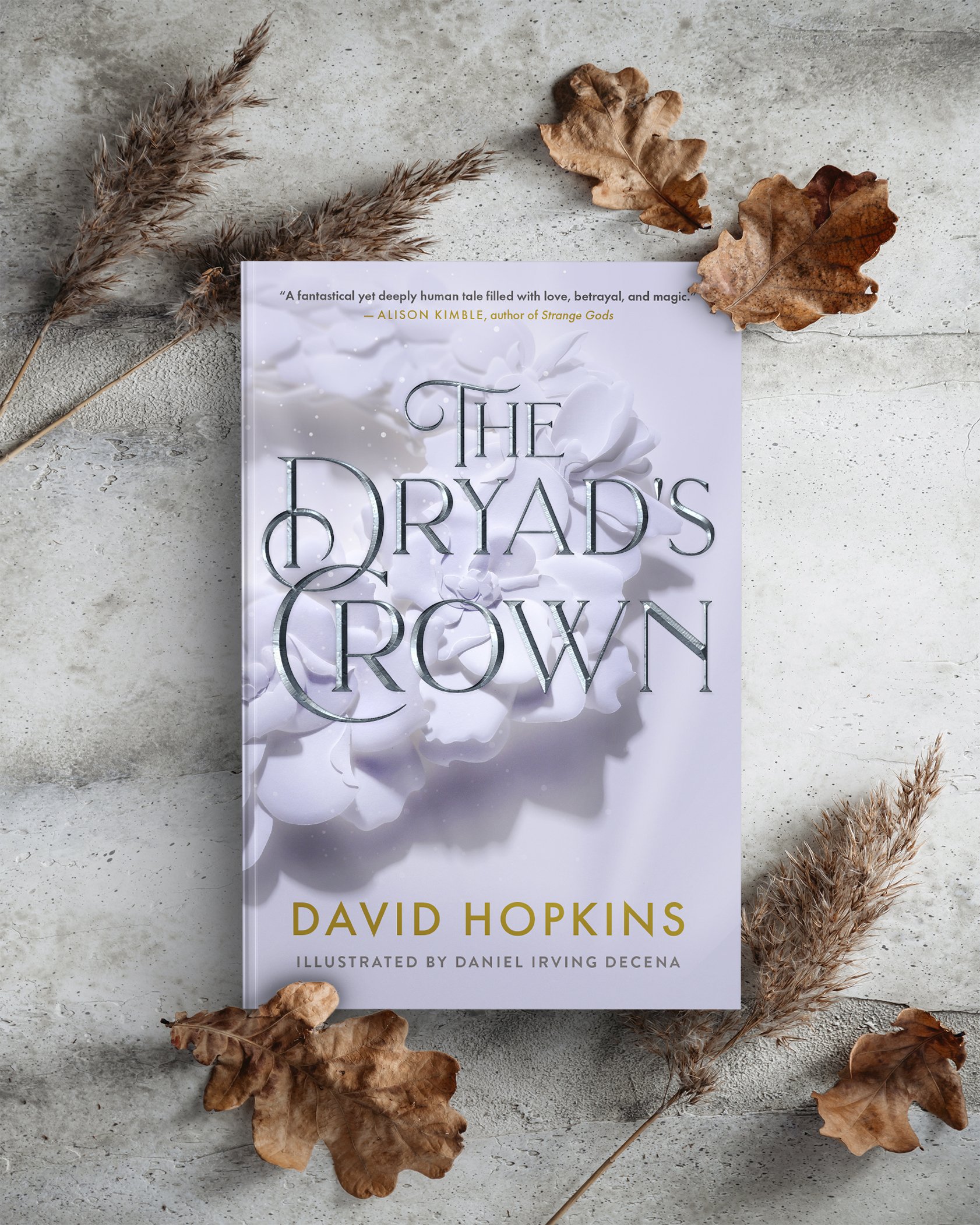To every creative artistic soul reading this post, I want you to take a moment, stop what you're doing and pray. Even if you are not religious, I would encourage you to find a god and pray. If you can't think of a god, you may choose the ancient Roman snake god Glycon or pray to the Muse, Calliope.
Pray that you will never ever incur the wrath that has been directed towards Rob Granito.
Rob is an art thief. For many years, he has taken credit for work that is not his. His claims are so absurd. It almost makes you think the story itself is a hoax. Among other things, he's claimed to work on Garfield, Calvin & Hobbes, the Batman stamp for the US Postal Service, the Batman Animated Series, a White House commissioned portrait for the President, A Christmas Story on Broadway, and X-Men. Several people have stepped forward to verify it. The hoax is no hoax.
Reading his online bio is equally painful:
"Rob Granito, internationally known artist and illustrator, has worked for over 15 years in the genres of science fiction, fantasy, horror, and comic art. His name has been attached to major projects for companies such as Warner Brothers, DC and Marvel Comics, Disney, MTV, and VH1, where he has worked on comics, graphic novels, trading cards, animation, as well as book, CD, magazine, and novel covers."
Internationally known? Well, maybe now.
Here's the story. Here's a follow-up. And another follow-up.
Here's a Facebook page devoted to making fun of him. (As of 5:11 PM CST time, 586 people like this.)
On his DeviantArt page, here is a sampling of the most vicious comments:
"Shameful."
"LMAO You're FUCKED dude"
"you're a complete dick..."
"You bastard. Get out."
"I'm not kidding, I will punch you in the face, hoping to break your jaw. I'm pretty big, and with luck, I might shatter your cheekbone, you piece of garbage."
"Heres the douchebags # off his website if anyone cares: [no, I'm not re-posting it]"
"I would recommend everyone that was ripped off by that guy to contact your lawyers because this man deserves a Class A lawsuit!"
"I bust my ass every day, and you just prance around with stolen artwork...
I wanna spit in your face. You disgust me."
"I want to curb stomp this guy!"
"You're a scumbag. You're a thief. A Liar and I hope your kids know that their Father is a piece of shit."
My good friend Jake Ekiss got downright biblical on him...
"May your whole existence drift into utter obscurity, not even a footnote in the annals of art history. May your name be spoken in hushed tones only as a cautionary tale to young artists. May your greatest achievement be that your flaming wreckage of a career serve as warning to other pretenders foolish enough to entertain similar thoughts. You are an obscenity made flesh, and I wish nothing more than for your whole being to be censored forthwith."
Jake, that is one hell of a roast.
Let me just say, I hate people who pad their resumé. I've called out friends who throw around the term "critically acclaimed" in their bios. I especially can't stand people who would go so far to steal other people's work. In the case of Rob, I look at his Facebook profile (his real one with 318 friends, not the profile to make fun of him, which now has 612 liking it). He has photos of him at conventions, him proudly holding up paintings, him with his daughters going to see Santa Claus. He looks happy, a big happy comic book geek. I look at him and wonder, "Why would you do it?"
What he did was wrong. It was. However, I think I know the deep dark reasons that pushed him to do it. I get that relentless insecurity tugging at any creative individual. I wish I was a better writer. The kind of writer who could have worked on the Batman Animated Series or X-Men. I wish I was as talented as some of the people at the conventions I attend. I wish I could make a full-time career out of something I love. I envy the people who are able to survive on their talent. And sometimes, do I wish Y The Last Man was my idea? Absolutely. Hell yes. Have I gone to Barnes & Noble, pointed out graphic novels by creators I've met once or twice, and pretended I was their peer? It's pathetic, but guilty as charged.
Rob, it's better to fail with your own ideas and on your own merit. Trust me. I've failed a lot. I would rather do my own thing and wallow in obscurity than be called out as a fake. My advice? Apologize. Publicly and profusely. Send out individual apologies to everyone you've ripped off. Make no excuses. Just say you're sorry. If you have the money, try to reimburse people. Take down your site. Take down your DeviantArt page. Lay low for a year or two, spend some time in reflection. And if you want to try again as a comic book artist, work your ass off and be humble. When you fail (and the odds are against you), at least you can say that it was with your own work. You.
I don't feel sorry for Rob. (Update: 634.)
He's an adult, and he brought this on himself. I don't feel sorry for Rob, but I understand. We all want to be important. We want to matter, so badly.
Pray to Calliope.


